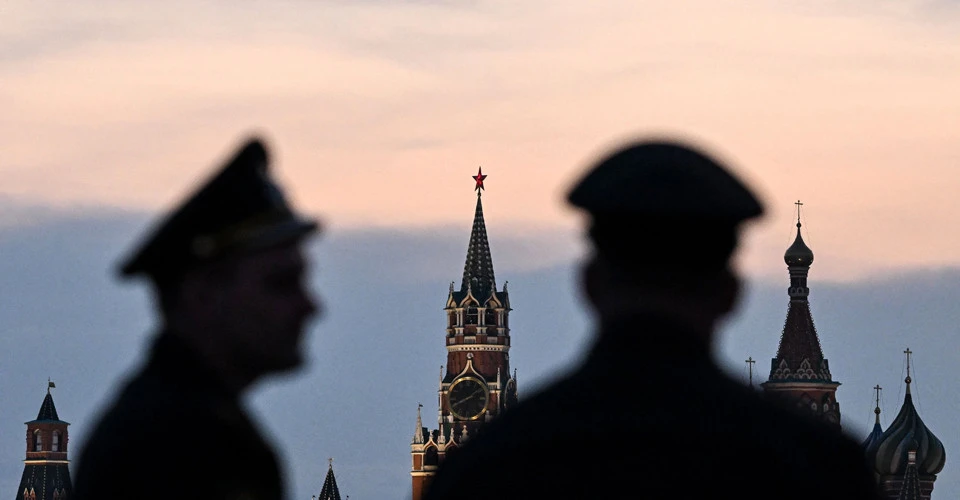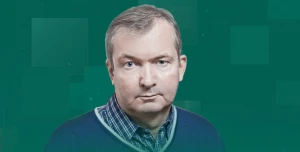
Kursk operation may intensify Kremlin power struggles – Strategy XXI
Pavlo Lakiychuk, head of security programs at the Center for Global Studies Strategy XXI, states that Gerasimov is responsible for combat actions in Ukraine, while FSB Director Alexander Bortnikov is responsible for Kursk
He spoke about this on Espreso TV.
“The Kursk offensive has clearly demonstrated that we do not have a so-called positional deadlock. We see that Ukraine is capable of conducting active offensive actions, not only active defense, but also active offensive on the enemy's territory. Secondly, the Kursk operation and the Kremlin's reaction to it leveled the fable of Putin's 'red lines', who has always had, so to speak, 'his own red lines', commented the head of security programs at the Center for Global Studies Strategy XXI.
According to him, our Western partners have drawn completely different 'red lines', arguing that this could irritate Putin and lead to escalation. However, it is not clear on what basis our Western partners base such assumptions.
“Thirdly, Putin refused to recognize Kursk as part of the 'special military operation' or the real war against Ukraine, saying that one thing is happening in Ukraine and something else is happening in Kursk. Gerasimov (Chief of the General Staff of the Russian Armed Forces - ed.) is responsible for Ukraine in Russia, and Bortnikov (Director of the FSB - ed.) is responsible for Kursk. There may also be a confrontation here. That is, one of the consequences could be an escalation of the confrontation between these towers, which could eventually bring down the Kremlin clique in general,” noted Pavlo Lakiychuk.
Ukraine’s cross-border incursion in Russia’s Kursk region
On August 6, the authorities of Russia's Kursk region stated that the Ukrainian Armed Forces allegedly tried to break through the Russian border, but were allegedly pushed back. Later, the Russian Defense Ministry reported that "the Ukrainian sabotage and reconnaissance group retreated to its territory.”
On August 7, Kremlin leader Vladimir Putin convened the Russian military leadership to discuss the situation in the Kursk region, which he called a "large-scale provocation." At the time, Russian Foreign Ministry spokeswoman Maria Zakharova called on the international community to "strongly condemn the Kyiv regime's criminal attacks on Russian territory."
On August 10, President Zelenskyy called the operation in the Kursk region “pushing the war into the aggressor's territory.” At night of the same day, the authorities introduced a counterterrorism operation in the Bryansk, Kursk, and Belgorod regions of Russia.
On August 14, it became known that the Ukrainian military had formed a “sanitary (buffer) zone” for self-defense in the Kursk region of Russia. It is planned to open humanitarian corridors for the evacuation of civilians, and if necessary, military commandant's offices will be established in the Russian region.
At a meeting with the president on August 15, Ukrainian Armed Forces Commander-in-Chief Oleksandr Syrskyi said that Ukraine had established the first military commandant's office in the Kursk region to provide humanitarian aid to local residents.
At the same time, Ukraine's Ministry of Reintegration of the Temporarily Occupied Territories, together with the military, is currently working on a possible route for a humanitarian corridor for civilians from Kursk to Sumy.
On August 15, The Independent reported that about 2,000 Russian servicemen were captured during an operation by the Ukrainian Armed Forces in the Kursk region.
On August 16, a bridge over the Seim River in the Glushkovsky district of Russia's Kursk region was destroyed.
Also on August 16, the Ukrainian military showed unique footage of the first hours of Ukrainian Defense Forces' offensive in the Kursk region.
- News













































